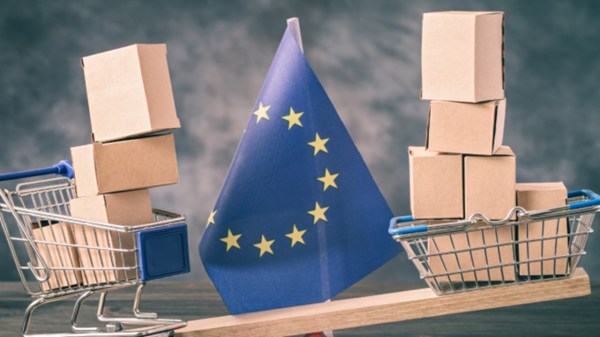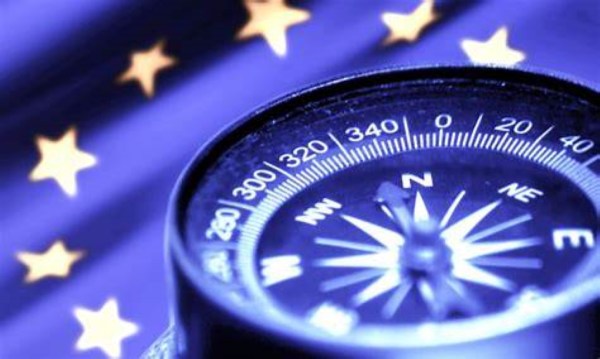Corinne Cath
ARTICLE 19
Telecommunication companies, like Telefónica, have a substantial impact on human rights. This might seem counter intuitive at first, but it is not. The company facilitates the sharing of information by connecting people to each other and to the Internet. It enables free expression by allowing individuals to use digital tools to express themselves through phone connections, phone data connections, and wired Internet connections. The Internet standards they develop, such as their push for common standards for smart cities, impact people’s daily lives and means of communication.
Telecommunication companies such as Telefónica play a very central role in providing, developing, and maintaining Internet infrastructure. This brings about great opportunity, but also great responsibility. It is crucial that Telefónica ensure their policies and practices enable the Internet to remain a public resource, which upholds principles of freedom of expression and access to information.
Many telecommunication companies acknowledge their role in upholding human rights, including Telefónica. Telefónica has committed to respect human rights and implemented human rights impact assessments of their products and services. At the same time, many private actors, including telecommunications companies, argue that states are the sole actors responsible for protecting human rights.
However, in an era when the Internet is mostly built, run, and maintained by private companies there is a need to revisit the role of private companies in respecting human rights. Telefónica should ensure that it respects human rights, not only because it is a matter of trust and reputation, but also because customers are increasingly demanding it. The ability to call a municipality with a question about tax rates, to sign a petition against a road being built through a nature reserve, or for a refugee to call home, are all based on the technology developed by companies such as Telefónica.
The Internet is built up of various layers with the infrastructure layer underlying it. This layer includes Internet technologies such as routers, the domain name system, standards, protocols, Internet of Things (IoT) systems and many different types of hardware. Companies such as Telefónica play a crucial role in developing this whole layer of invisible infrastructure that determines how the Internet functions. As the Internet becomes more ubiquitous and important for our daily lives, the increasing role of the telecommunications sector in maintaining the infrastructure of the Internet raises many new questions about how to improve security, privacy, ensure universal access, and preserve interoperability.
Telefónica is essentially building core human rights infrastructures. So, considering the important role of Telefónica in developing these infrastructures that shape our online public space, how do we, or you as a customer, know what Telefónica does to protect it?
ARTICLE 19 believes it is important for customers to better understand how the technologies we use directly impact our rights, particularly our freedom of expression, access to information, and privacy rights. ARTICLE 19 proposes a number of steps Telefónica could take to ensure that it respects the human rights of its customers according to the highest standards for the protection of the rights to freedom of expression and privacy, in both its business and technical work.
The Universal Declaration of Human Rights is a global consensus of our most fundamental rights. Many of the international, governmental[1], and non-governmental forums agree that governance of the Internet should be based on human rights. This is where the telecommunications sector can play its part. For businesses, such as those in the telecommunication sector, there are the United Nations Guiding Principles on Business and Human rights, also known as the the Ruggie Principles.
ARTICLE 19 has consistently urged the private sector to fully implement the Ruggie Principles. While Telefónica has already implemented these but there is always more to do. Every Internet Service Provider (ISP), Hosting Provider, and telecommunications’ company should implement the Ruggie Principles as a minimum standard, and develop comprehensive human rights’ policies. Guidelines for the ICT sector exist already to make it even easier to implement a comprehensive approach.
Implementing these guiding principles would cover the business aspect of how to respect human rights online but what about the technology? How can one translate human rights to technology? There are many examples of how we can take into account human rights at the infrastructure level. And according to the latest report by UN Special Rapporteur on the right to freedom of expression, David Kaye, there are many reasons why the private sector should do so.
The World Wide Web Consortium’s (W3C)security questionnaire, the Internet Corporation of Assigned Names and Numbers’ (ICANN) bylaw that stipulates an explicit commitment to respect human rights, the Internet Engineering Task Force’s (IETF) guidelines on privacy considerations when developing Internet protocols, and the guidelines for human rights considerations that ARTICLE 19 and others are currently working on are just a few such examples of how to take human rights considerations into better account when developing technology. Furthermore, “Net of Rights”, a short documentary film produced by ARTICLE 19 and Coding Rights also explores this intersection between Internet protocols and human rights.
It is worth noting that customers are well-placed to ask critical questions of telecommunication providers and the steps they are taking to ensure full respect of human rights. Furthermore, it cannot be overstated that Telefónica is an important player in the field of human rights. It has a responsibility to ensure that the human rights of its customers and end-users are respected in line with the UN Declaration on human rights, from a business and technical perspective. This may be a challenge but is not impossible if Telefónica were to adopt and implement the recommendations highlighted above in a transparent manner.
[1] United Nations Human Rights Council, United National General Assembly, UN World Summit on Information Society








